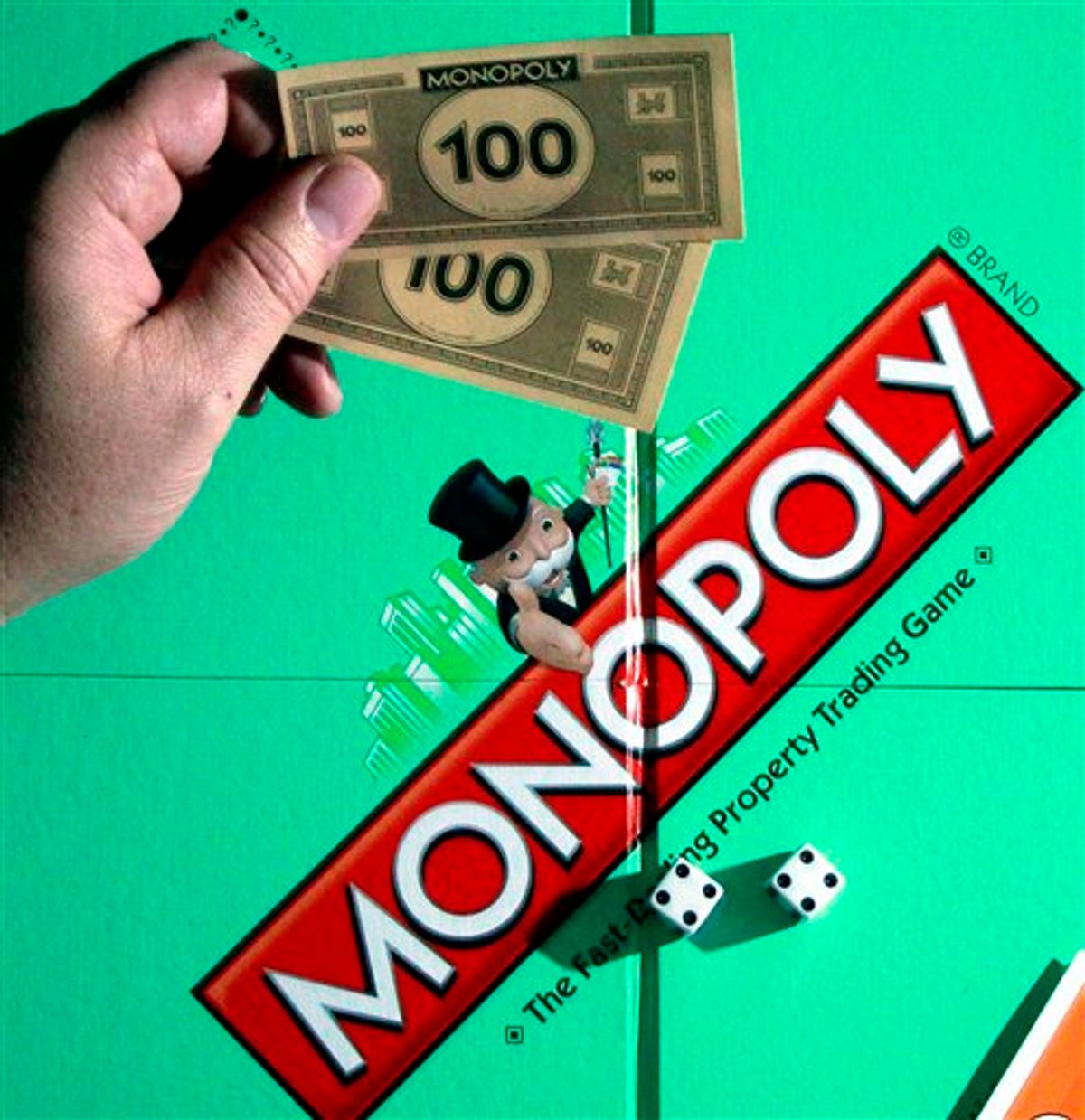The New York Times’ Economix blog makes an important and interesting point: "Rich people don’t realize they’re rich."
Pointing to what she dubs "the Middle Kingdom" effect, Catherine Rampell illustrates that most upper-income earners (the 6 percent of Americans in households earning over $250,000) do not see themselves as being part of the upper-income bracket.
The latest example is evident in a recent Gallup study, which found that 6 percent of Americans in households earning over $250,000 a year think their taxes are "too low." Of that same group, 26 percent said their taxes were "about right," and a whopping 67 percent said their taxes were "too high."
And yet when this same group of high earners was asked whether "upper-income people" paid their fair share in taxes, 30 percent said "upper-income people" paid too little, 30 percent said it was a "fair share," and 38 percent said it was "too much."
The numbers don’t add up, illustrating a glaring disconnect between how the wealthy consider their incomes relative to other Americans and the reality of their comparable wealth.
And Rampell notes one of the most problematic effects of the "Middle Kingdom" phenomenon:
As a result, people who are rich but not the richest -- in the $250,000 zone, say -- see they have more than lots of poor people, but also much less than a few very visibly rich people. Then they conclude they’re in the middle, so they must be middle class.
As a result, many Americans are misinformed about how reliant the country is on their tax contributions, and what kinds of additional sacrifices they might have to make to help get the nation’s fiscal house in order.



Shares